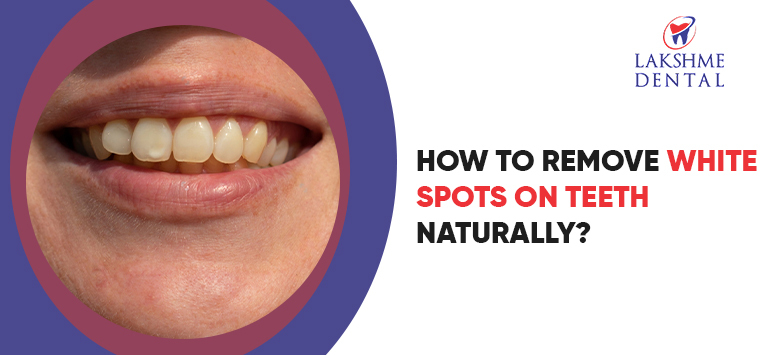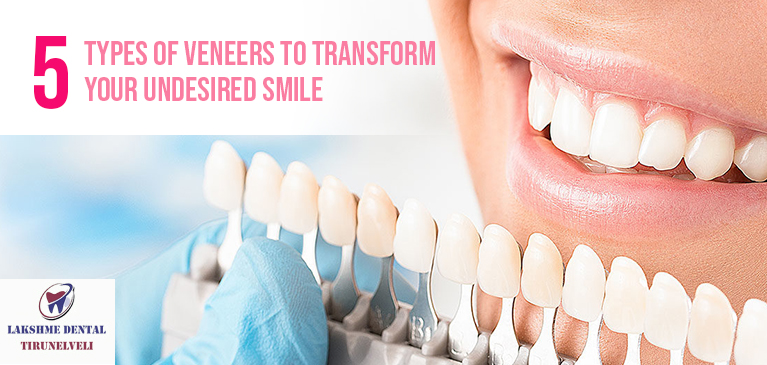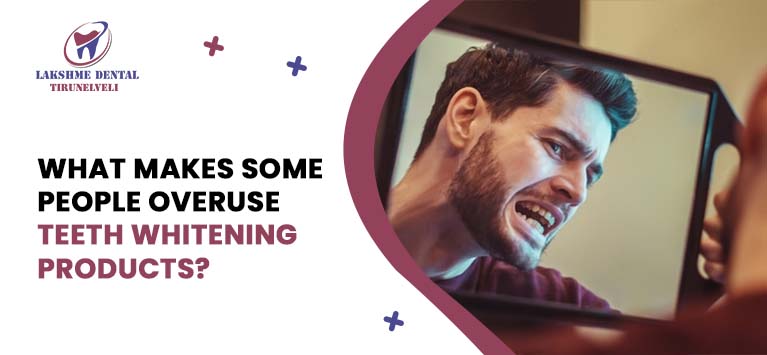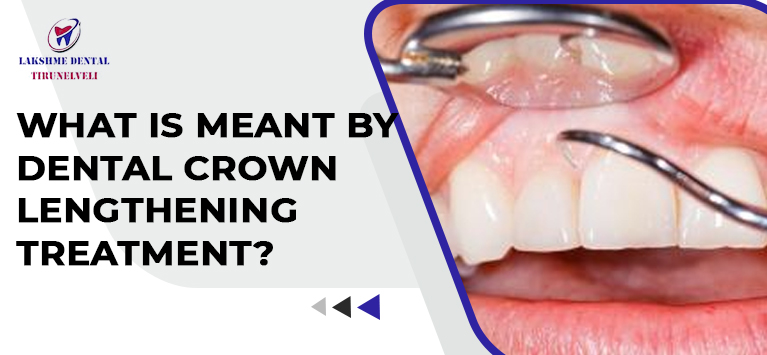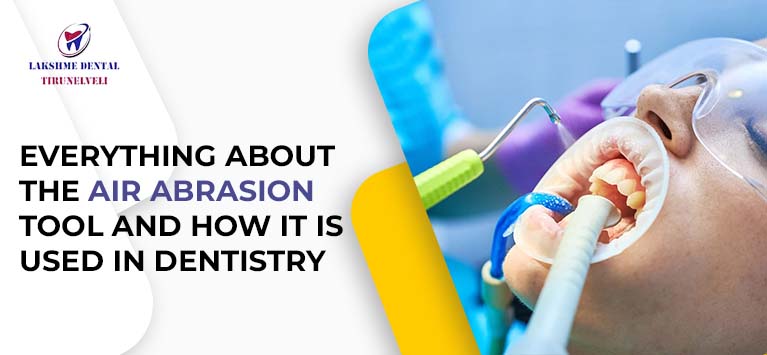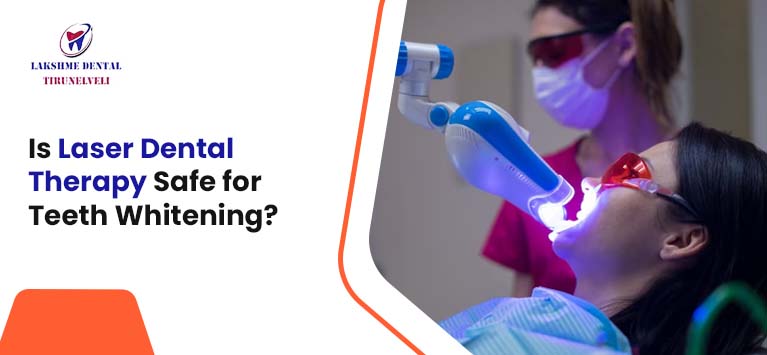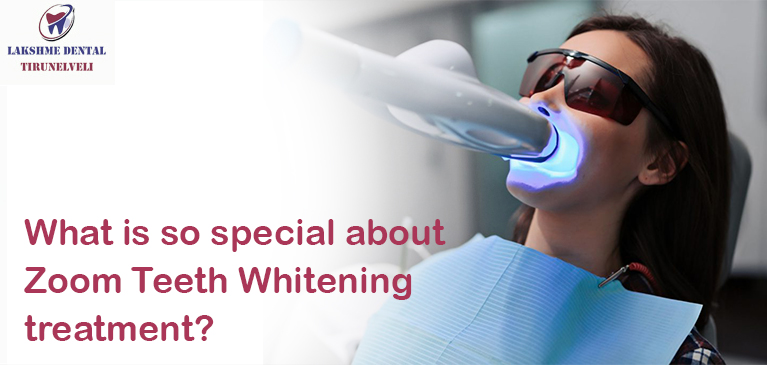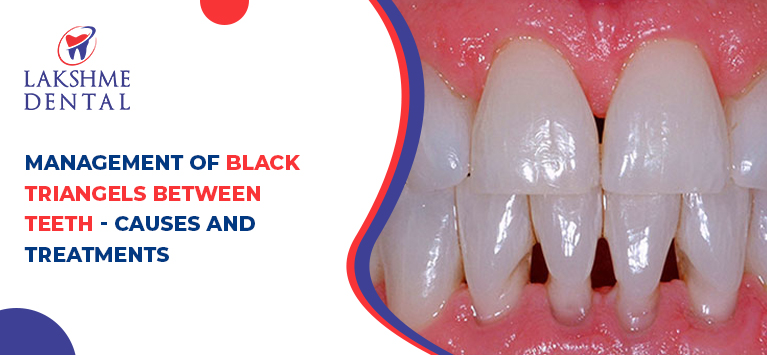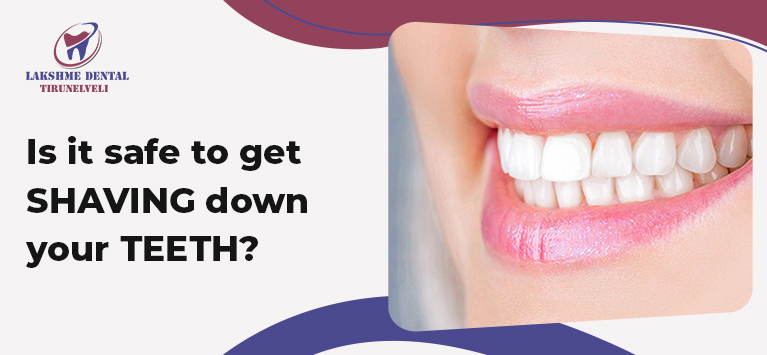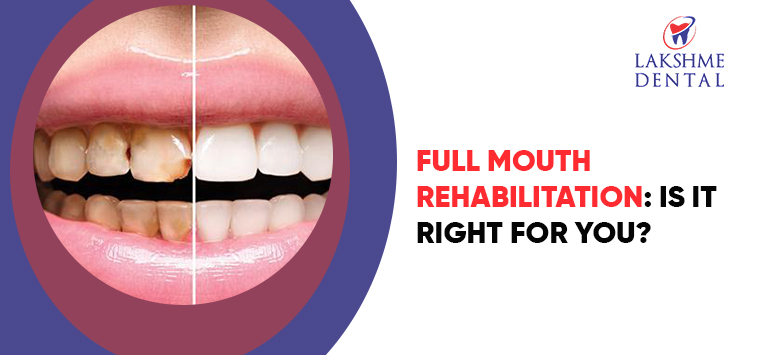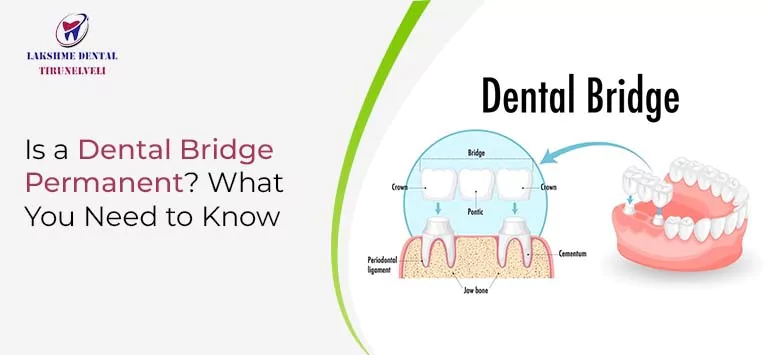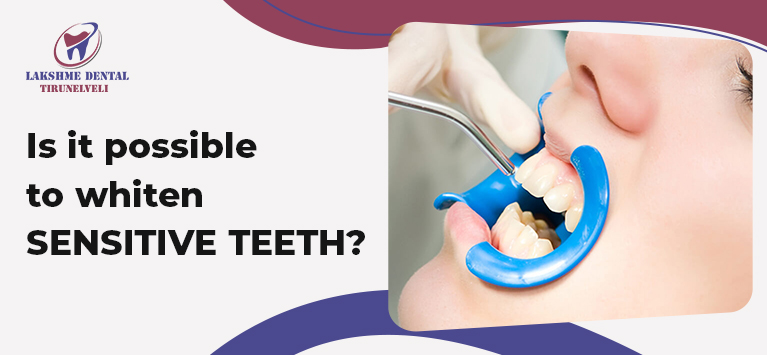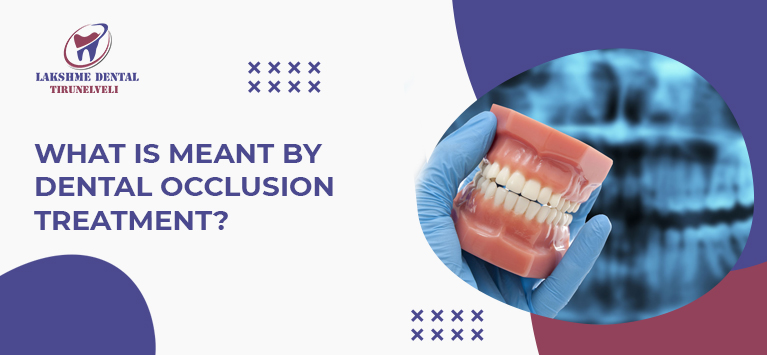
What Is Meant by Dental Occlusion Treatment?
Occlusion is a term that defines how well your upper jaw teeth collide with the lower jaw teeth. Generally, your upper teeth should not fall short of the lower teeth. Similarly, the incisor (middle teeth) of upper and lower jaw should align when you close your mouth. You might notice the improper lineup in upper and lower teeth of those who have crooked and crowded teeth.
If you notice any abnormalities in such relationship between upper & lower teeth or left & right side teeth, you might have bite problems and need bite adjustment treatments. We dentists define it as occlusal adjustment treatment.
What is meant by occlusal adjustment procedure?
The occlusal equilibration involves repairing the bite surfaces of your teeth to improve their contact patterns. It helps in eliminating bite problems and also makes the jaw bone close at an anatomically correct position.
As the procedure aims at treating bad bites, it is addressed with different names such as bite occlusal alignment, malocclusion treatment, bite adjustment, and much more.
Generally, dentists check whether your teeth fit together properly during regular dental check-ups to detect if you have malocclusion or not. If they detect any bite problems, you should get the ideal occlusal adjustment procedure.
Why should you want occlusal adjustment treatments?
The occlusal alignment treatment is not just only for revamping your smile design. It is prescribed to prevent the harmful consequences of bad bites.
For example, if a person’s teeth are not properly aligned, the biting and chewing force cannot be shared equally with his/her crooked teeth. It means the teeth have to withstand intense pressure on certain areas. In such cases, the teeth will get dental fractures and even break into pieces. Furthermore, misaligned teeth put a person at high risk of developing gum infections.
On the other hand, malocclusion problems can inhibit the jaw from closing in its structurally correct position. It means the muscles of the jaw cannot be relaxed. This in a long run, will lead to jaw bone problems.
Many people develop dental malocclusions due to numerous factors like genetics, trauma, teeth grinding, diseases, improper fitting of prosthetic devices, etc. Whatever the underlying cause is, the alterations in biting surfaces of your teeth are linked to complicated aftereffects like tenderness in the mouth, TMJ disorders, severe dental damages, etc.
Hence it is clear that getting timely bite adjustment treatment is the optimum way to protect your dental health from those disastrous effects.
How does a dentist diagnose and treat occlusal trauma?
Dentists typically use a thin piece of colored paper to diagnose bad bites. When you bite that paper, your dentist will look for modifications in the color of the areas where teeth contact occurs. The dental doctors would come to know the interference once if they found the area where the marks have not been identified.
Once the problem is diagnosed, the treatment plan is also made to meet your needs. The bite occlusal alignment procedure involves:
- Teeth Reshaping – It is apt for people whose front teeth crowns are uneven. The surface of the mishaped teeth has to be revamped. Drilling or filling are needed to repair the wrecked surfaces.
- Tooth Reconstruction – If the bite misalignment occurs after getting crowns, bridges, or other dental restorations. The occlusal bite is a sign of improper prosthetic treatment. Hence the treated teeth should be repaired again and reconstructed with new restoration appliances.
- Orthodontic appliances like metal braces, Invisalign, retainers are also recommended to fix bad bite.
Bottom line
Changes in biting patterns have harmful consequences like tooth mobility, pain while chewing, teeth sensitivity, pain in the jaw, etc. Likewise, bite misalignment problems exhibits various signs including popping jaw, uneven closing of the jaw, persistent teeth clenching, changes in facial structures, etc.
Once you identified these symptoms and teeth misalignment, get a comprehensive oral assessment from your dentist immediately.

